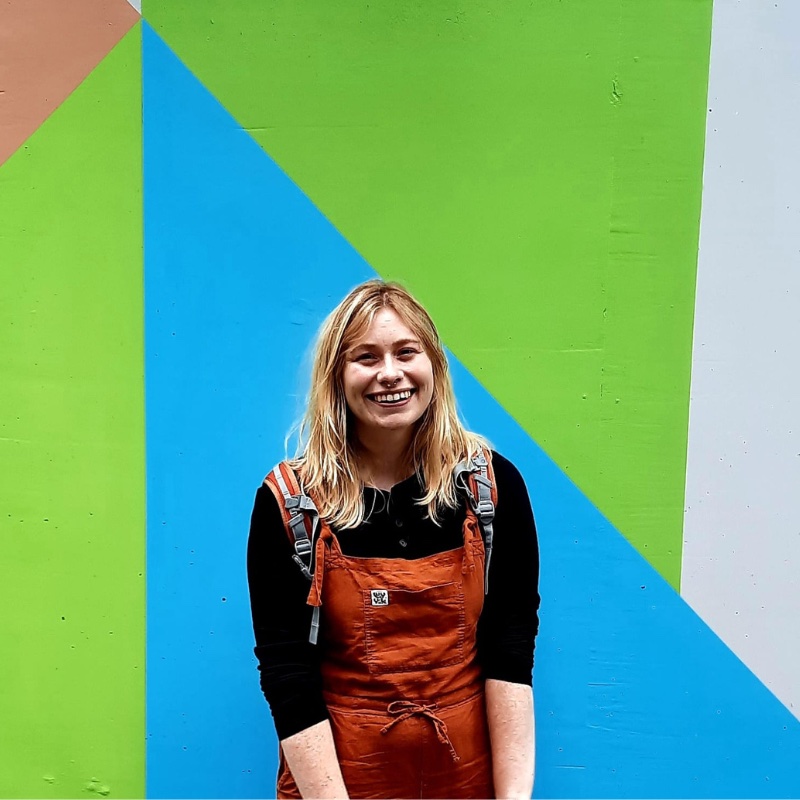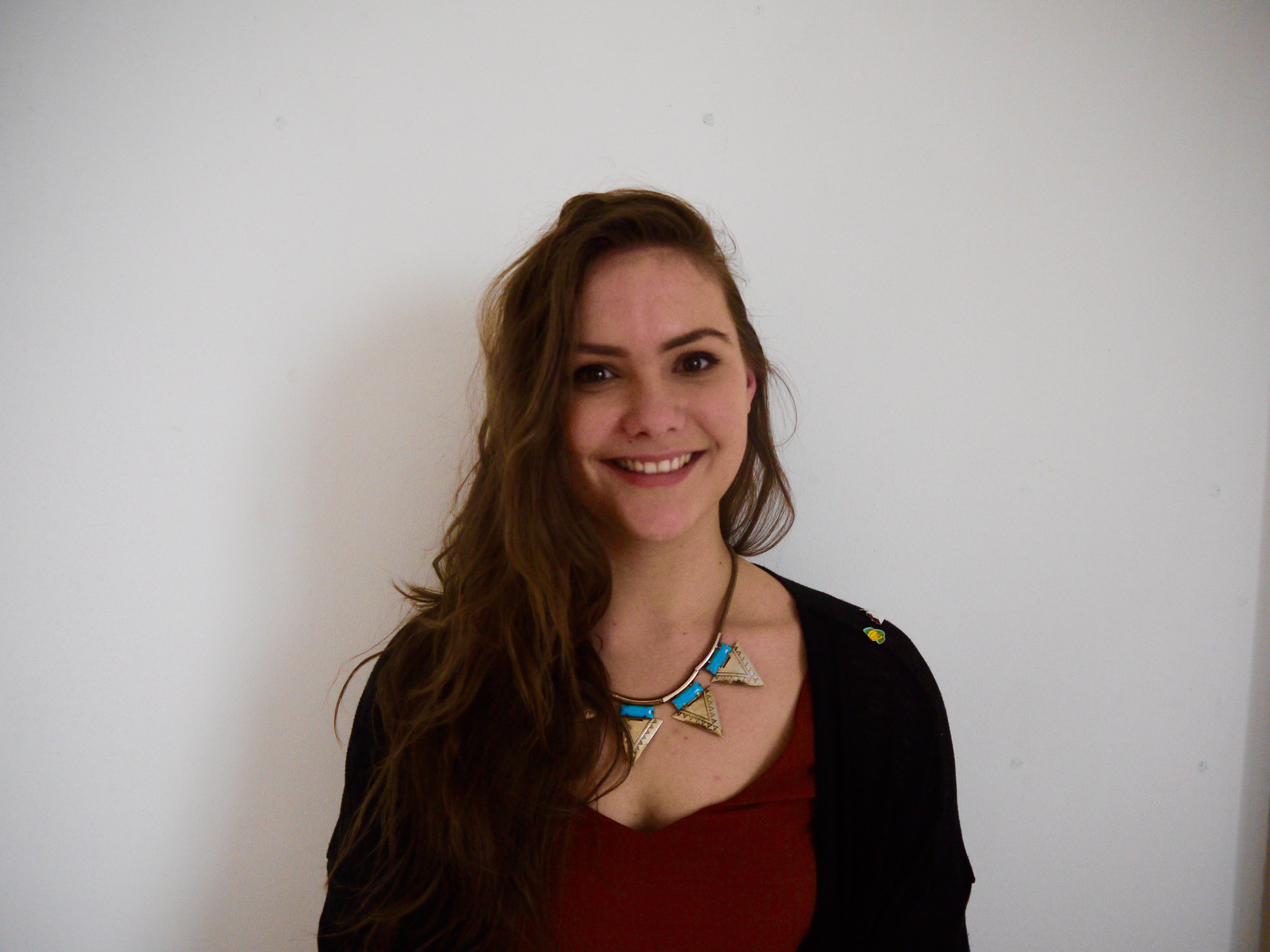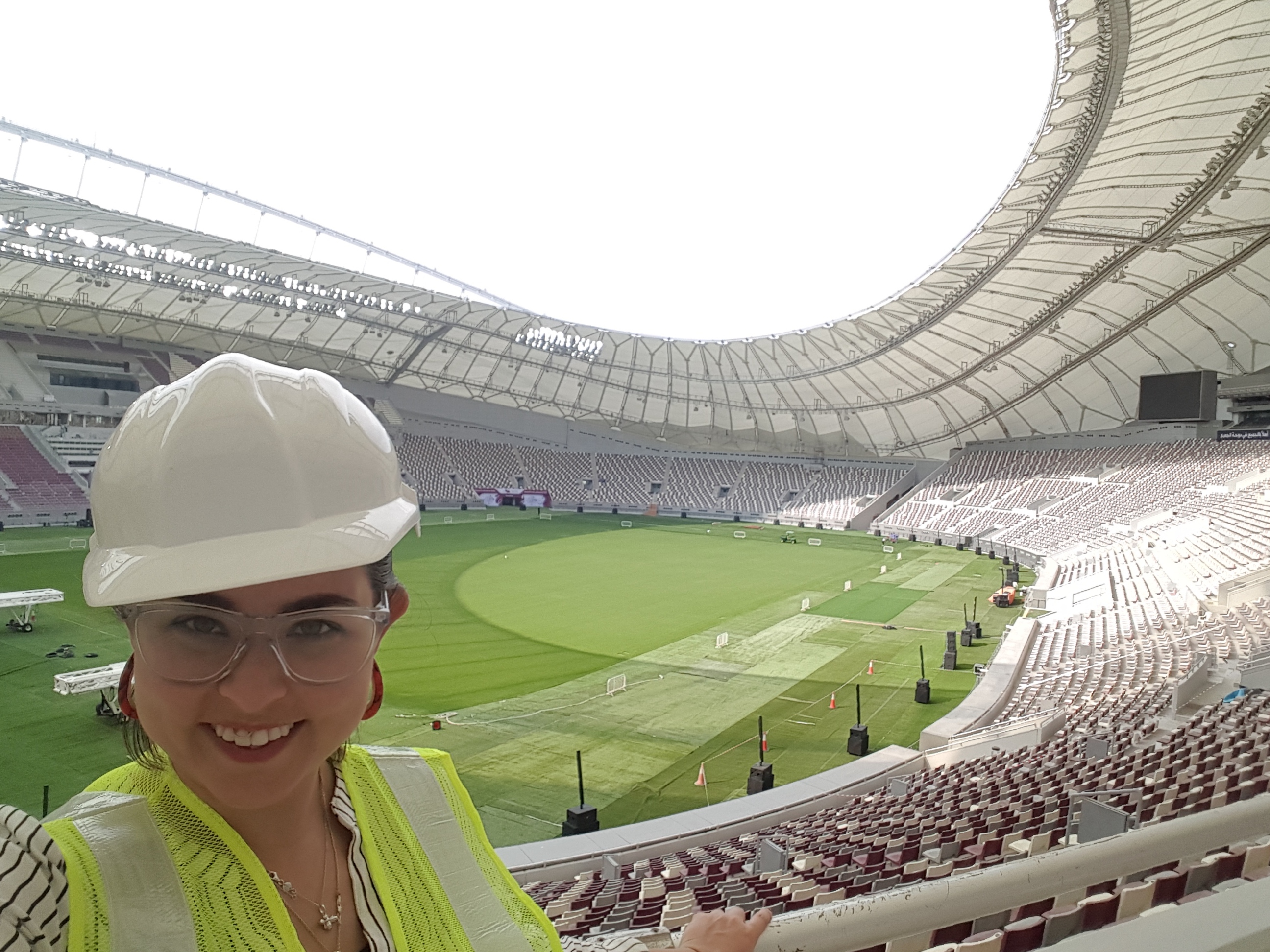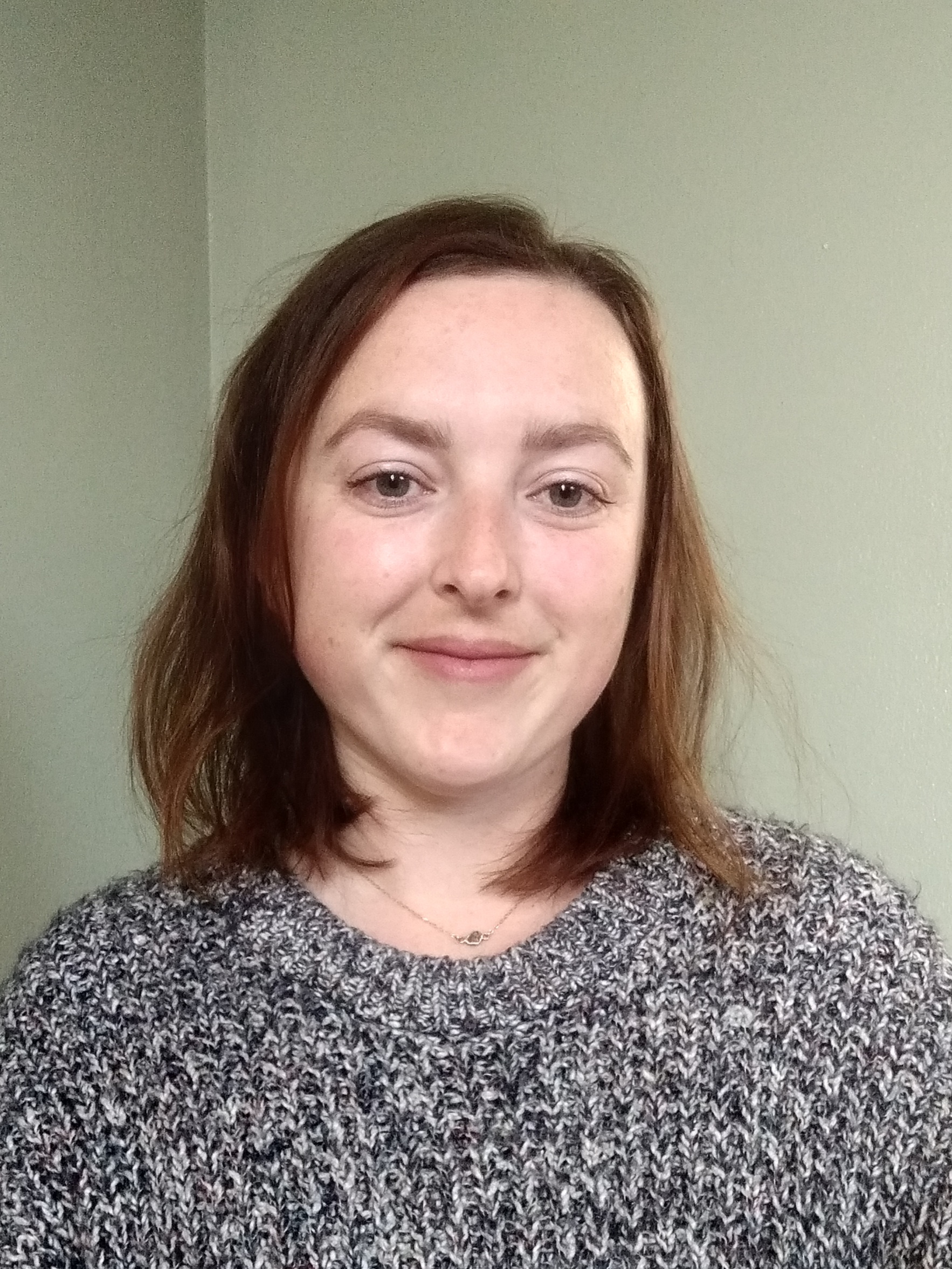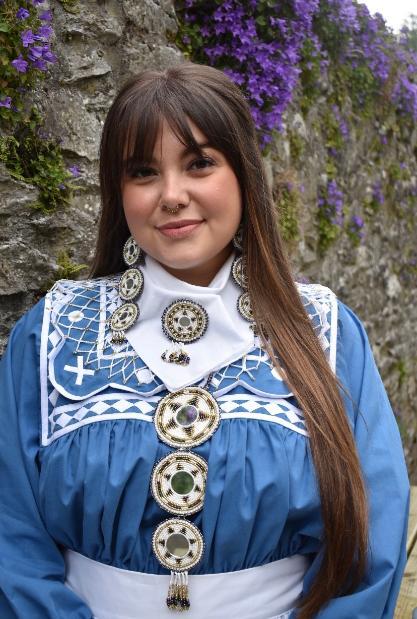| Code | MAMUSE |
|---|---|
| Duration | 1 year Full-time |
| Teaching Mode | Full-time |
| Qualifications | MA |
| NFQ Level | Level 9 |
| EU Fees | €9,200
See Fees and Costs for full details. |
| Non-EU Fees | €19,900 |
| Closing Date | Rolling deadline. Eligible applicants will be waitlisted. |
| Non-EU Closing Date | Early application is advised. Eligible applicants will be waitlisted. |
| Start Date | 7 September 2026 |
Course Outline
A one-year taught masters degree (NFQ level 9), offered on a full-time basis through the Department of Archaeology at University College Cork. We aim to provide broad academic and professional training in all aspects of museum design, management and education, whilst encouraging students to reflect critically on the relevance of these institutions in the contemporary world. This MA is designed for those who wish to enter the museum or heritage centre profession In Ireland or abroad, or who wish to pursue PhD research in museology and related fields. The course provides a balance of theory and practice for students from a range of academic backgrounds, with emphasis on graduates of archaeology and history, and other closely cognate humanities and social science disciplines.
Our programme is made up of taught courses, supervised work placements in museums, the production of a temporary museum exhibition, and a research dissertation.
The 90-credit programme comprises taught modules (25 credits), two work placements (20 credits), a museum exhibition (10 credits), and a research dissertation (35 credits).
Part A
Semester I
- AR6022 The Museum in the 21st century (5 Credits)
- AR6028 Museum Curation (5 Credits)
- AR6025 Museums and the Public (5 Credits)
Semester II
- AR6023 The Museum Environment (5 Credits)
- AR6032 Museum Administration (5 Credits)
- AR6026 Work Placement 1 (10 credits)
Part B
- AR6029 Work Placement 2 (10 credits)
Students will undertake two museum placements (10 credits each) of four weeks duration each, where they will learn aspects of museum management, planning, design, and practice, as well as the opportunity to work on a particular project such as an exhibition. Work placements commence towards the end of Semester II (March) and continue until June. The Department of Archaeology will arrange all placements for the students.
- AR6030 The Exhibition Experience (10 credits)
Students will prepare a temporary museum exhibition on an agreed theme for a public audience. This includes the necessary background research and cataloguing of primary materials, the design, and mounting of the displays, the preparation of an exhibition catalogue and a public launch and visitor survey. The work for this exhibition and its public launch is done in early summer.
- AR6027 Dissertation in Museum Studies (35 credits)
Students will write a 15,000 to 20,000-word research dissertation on an approved topic of their choice relevant to the museum sector. These can be standard studies based on primary source research or may be practice-based, involving, for example, an exhibition, policy development, visitor experience study, digital media application, etc, or may combine both approaches.
The main period for dissertation work is July–September. Students who are currently working in museums or who have recent museum experience are eligible to apply for an exemption from one of the work placement modules.
Academic Programme Catalogue
See the Academic Programme Catalogue where you can search for the complete and up-to-date content for this course. Note that the modules for all courses are subject to change from year to year. For complete descriptions of individual modules, see the Book of Modules.
Course Practicalities
Lectures take place on Mondays and Tuesdays (apart from Bank holidays) over six months from October to March, with an average of six lecture hours each teaching week. Students will attend additional research training, workshops, and a number of one-day excursions organized on different dates. The Department of Archaeology will arrange all work placements for students. Placements are unpaid and the costs of participation in terms of travel and accommodation expenses are borne by the student and will vary depending on the location of the museum concerned.
Assessment
The taught modules are examined through continuous assessment, using a combination of class tests, presentations, essays, and projects. The work placements are assessed by a Placement Report Portfolio, while the dissertation requires the submission of a 15,000 to 20,000-word written dissertation.
Why Choose This Course
This degree represents the only museum training course offered by any third-level institution in the Republic of Ireland. There is considerable activity in the sector, with over 40,000 members from 141 countries joined the International Council of Museums. In Ireland alone, there are some 460 museums and heritage centres registered by the Irish Museums Association. The diversity of museums at an international, national, regional/county and local level create a demand for training and viable employment prospects.
This MA course will enable you to develop your knowledge and understanding of the history, theory, and practice of museums, and will prepare you for future employment in this sector. It will also support the museum profession through entry-level training and continuing professional development of existing staff.
Placement or Study Abroad Information
Students will undertake two museum placements (10 credits each) where they will learn aspects of museum management, design and practice, as well as the opportunity to work on a particular project such as an exhibition.
The Department of Archaeology will arrange all work placements for students. Placements are unpaid and the costs of participation in terms of travel and accommodation expenses are borne by the student and will vary depending on the location of the museum concerned.
Costs
- The cost of bus transport used in one-day field excursions is included in the course fee.
- Transport and accommodation costs that may arise from work placements will be borne by the student.
Skills and Careers Information
This programme supports a recognised profession internationally, one that has a strategic role in state policy on cultural heritage and tourism. Our graduates acquire a systematic and critical understanding of museum practice and theory. On this programme you will have acquired direct experience of practices, procedures and policies in the contemporary museum, and will apply a critical awareness of current issues in the field (including professional ethics) to best professional practice. At an applied level you will also acquire an awareness of all that is involved in the design and management of modern museums.
Our graduates work in the museum and heritage sector in Ireland, Britain, Europe, Canada, US and the Middle East. They are employed in Museum Management, Education, Curation and Administration.
Requirements
Second Class Honours Grade II in a primary honours degree (NFQ, Level 8) from a recognized third-level institution, in one of the following disciplines: Archaeology, Anthropology, Folklore, History, History of Art, Heritage Studies or Local Studies.
Applications will also be considered under Recognition of Prior Learning (RPL) from graduates in other disciplines who have a demonstrable interest and/or experience in museum work. All applicants will be interviewed.
For Applicants with Qualifications Completed Outside of Ireland
Applicants must meet the required entry academic grade, equivalent to Irish requirements. For more information see our Qualification Comparison page.
International/Non-EU Applicants
For full details of the non-EU application procedure visit our how to apply pages for international students.
- In UCC, we use the term programme and course interchangeably to describe what a person has registered to study in UCC and its constituent colleges, schools, and departments.
- Note that not all courses are open to international/non-EU applicants, please check the fact file above. For more information contact the International Office.
English Language Requirements
Applicants who are non-native speakers of the English language must meet the university-approved English language requirements. Visit our PG English Language Requirements page for more information.
Fees and Costs
The EU fee for this course is €9,200 .
The Non-EU fee for this course is €19,900.
Postgraduate EU and International Fees 2026/2027
See our Postgraduate EU and Non-EU (International) Fee Schedule for the latest information.
Deposits
If your course requires a deposit, please note that booking fees and deposits are non-refundable in all cases.
How can I pay?
See different options on our How Do I Pay My Fees? page.
Any questions? See the 'Contact Us' section on the Fees Office page.
How To Apply
1. Check dates
Check the opening and closing dates for the application process in the yellow fact file boxes at the top of this webpage. The UCC online application portal usually opens around mid October.
2. Gather documents
Scanned copies of supporting documents have to be uploaded to the UCC online application portal and include:
- Original qualification documents listed on your application, including transcripts of results from institutions other than UCC.
- Any supplementary items requested for your course, if required.
3. Apply online
Apply online by clicking the red 'Apply Now' button below. Note most of our courses have a non-refundable €50 application fee.
Any questions? Use our web enquiry form to contact us.
Additional Requirements (All Applicants)
Please note you will be required to provide additional information as part of the online application process for this programme. This will include the following:
- You may enter the details of professional or voluntary positions held. We strongly encourage you to complete this section with all relevant work experiences that will support your application.
- Please describe your motivation and readiness for this programme.
- What is your current occupation/speciality?
- Please enter the names and email addresses of two referees.
Deposits
Note that successful EU applicants will be required to pay a non-refundable deposit of €500 on acceptance of their place.
The closing date for non-EU applications is Early application is advised. Eligible applicants will be waitlisted.
Apply Now
